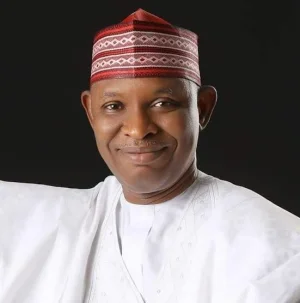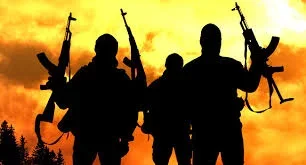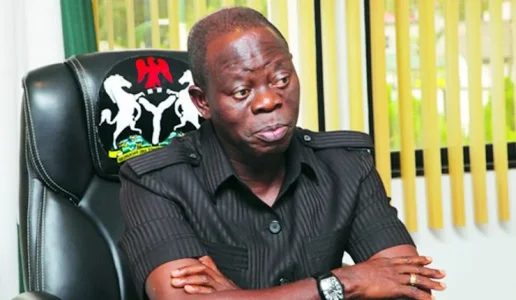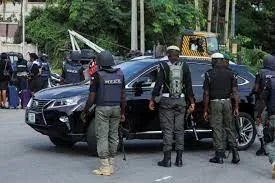
The Kano State government's decision to ban live political broadcasts and impose strict interview guidelines raises critical questions about media freedom and democracy in Nigeria. This move arrives amidst ongoing tensions, including disputes over traditional leadership and broader political power struggles within the state.
Key Points:
- Kano bans live political programmes, aiming to curb inflammatory statements.
- Strict rules were introduced for journalists, prohibiting provocative questioning.
- Media guests must now commit formally to avoid offensive or defamatory remarks.
As Kano tightens media controls, the broader implications for Nigerian democracy and press independence emerge starkly. Could similar measures spread to other states grappling with internal conflicts and power struggles, and what exactly is the Kano government attempting to conceal?




